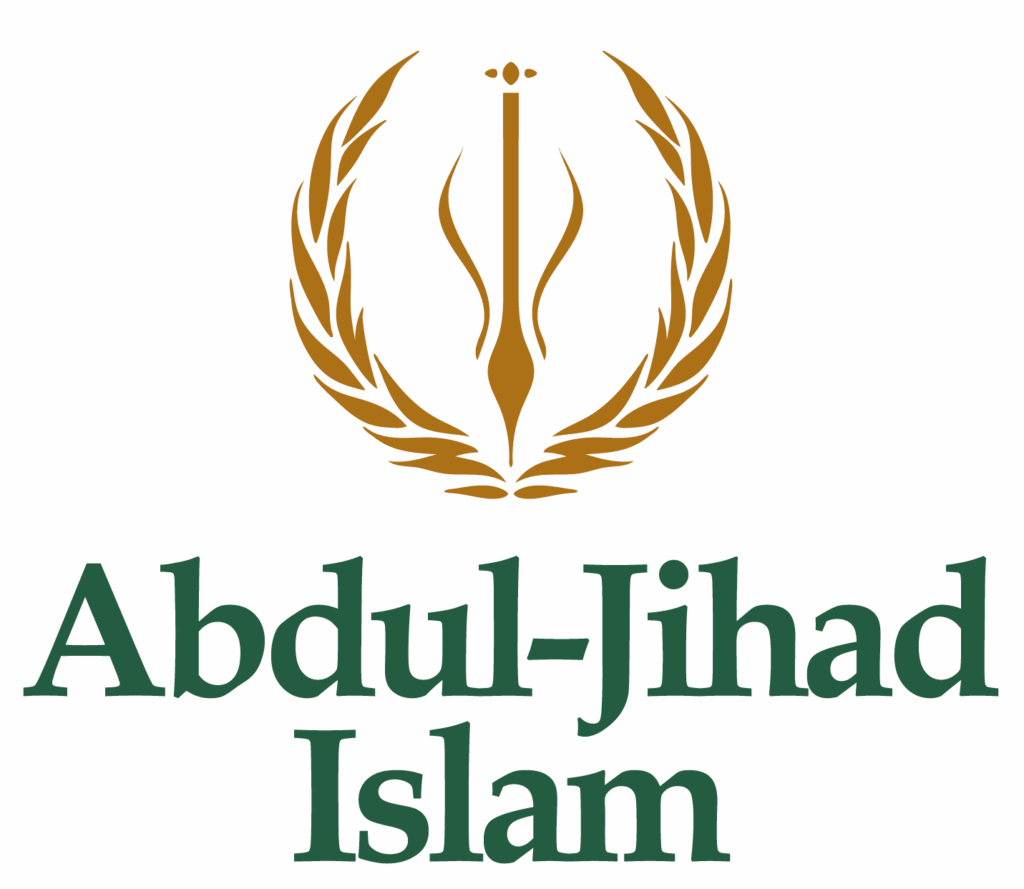Introduction: The Strength of Letting Go
Forgiveness is one of the most powerful qualities a believer can embody. In Islam, it is an act of kindness and a path to peace, healing, and spiritual growth. We live in a world where hurt and betrayal are inevitable. People will wrong us, and we will wrong others. At times, we even fail ourselves. Without forgiveness, these wounds remain open, festering into resentment, anger, and despair. But when we choose forgiveness, we desire freedom from bitterness, guilt, and the freedom to move forward.
Allah says in the Qur’an:
“Let them pardon and overlook. Would you not love for Allah to forgive you? And Allah is Forgiving and Merciful.” (Qur’an 24:22)
This verse reminds us that forgiveness is deeply tied to our salvation. If we want Allah’s forgiveness on the Day of Judgment, we must extend forgiveness to others in this life. Letting go is not weakness; it is strength rooted in faith.
Why Forgiveness Matters in Islam
Forgiveness in Islam has both spiritual and worldly benefits. It uplifts the heart and heals relationships.
1. Forgiveness Reflects Allah’s Mercy
One of Allah’s greatest names is Al-Ghafoor (The Most Forgiving). To forgive others is to mirror His attribute and to live by the example He sets for His servants.
2. Forgiveness Brings Peace
Anger is heavy; it weighs down the soul. When we forgive, we lighten that burden and replace it with serenity.
3. Forgiveness Strengthens Bonds
Grudges often fracture families, friendships, and communities. Islam teaches that forgiveness restores unity and mends broken ties.
4. Forgiveness Elevates the Believer
The Prophet ﷺ said:
“Charity does not decrease wealth, no one forgives another but Allah increases him in honor, and no one humbles himself for the sake of Allah but Allah raises his status.” (Muslim)
Every act of forgiveness increases a believer in dignity, not weakness.
The Different Dimensions of Forgiveness
Islam speaks about forgiveness on three essential levels:
1. Allah’s Forgiveness of Us
Allah’s mercy surpasses all sins. He says:
“Say: O My servants who have transgressed against themselves, do not despair of Allah’s mercy. Indeed, Allah forgives all sins. Indeed, it is He who is the Forgiving, the Merciful.” (Qur’an 39:53)
No matter the sin, sincere repentance opens the door to forgiveness.
2. Our Forgiveness of Others
As we beg Allah for mercy, we must extend it to others. Forgiving people is an act of humility and compassion.
3. Forgiving Ourselves
Many believers remain guilty, unable to let go of past mistakes. But once sincere tawbah (repentance) has been made, we must also forgive ourselves and trust that Allah’s mercy is greater than our sins.
Practical Steps Toward Forgiveness
Forgiveness does not always come easily. It is a discipline of the heart that requires conscious effort. Here are ways to build it:
1. Reflect on Your Own Need for Mercy
Every day, we sin and seek Allah’s forgiveness. This awareness makes it easier to forgive others.
2. Control Anger Before It Controls You
The Prophet ﷺ said:
“The strong man is not the one who can overpower others, but the strong man is the one who controls himself when angry.” (Bukhari, Muslim)
3. Make Dua for Those Who Hurt You
Praying for someone who wronged you turns bitterness into compassion. It shifts focus from revenge to mercy.
4. Think of the Day of Judgment
Ask yourself: Will this matter when I stand before Allah? Suddenly, many grudges feel small in the light of eternity.
5. Practice Forgiveness in Small Things
Let go of everyday annoyances, an insult, a mistake, a rude gesture. Training the heart in little things makes forgiving major wrongs possible.
Forgiveness in Prison: A Journey of Healing
For those behind bars, forgiveness carries profound meaning. Prison is often a place of anger, regret, and resentment. Many wrestle with guilt over their past actions and bitterness toward others who harmed them.
Abdul-Jihad Islam shares that forgiveness became one of his most excellent teachers during incarceration.
• Forgiving Himself
The hardest step was releasing his own guilt. Prison stripped him of freedom but also gave him the space to reflect. By turning to Allah, he learned that repentance brings forgiveness and that holding onto guilt only chained him further.
• Forgiving Others
Life behind bars often breeds hostility. Abdul-Jihad chose to forgive those who wronged him in prison and those outside it. This decision protected his heart from hatred and gave him inner freedom.
• Finding Peace Through Prayer
Salah became the safe space where he laid down his anger. Each prostration was a surrender, each dua a release. In time, forgiveness became not only possible but natural.
Through forgiveness, prison became less about punishment and more about transformation.
Modern Reflection: Choosing Forgiveness in Today’s World
In today’s culture, forgiveness is often seen as weakness. Society teaches us to “get even,” hold grudges, and never forget. Social media arguments, family feuds, and political divides only make this worse. But Islam reminds us that forgiveness is strength—it is rising above hatred, refusing to be controlled by anger, and trusting Allah for justice.
Forgiveness does not mean excusing injustice or tolerating abuse. Rather, it means releasing personal resentment and choosing healing over hatred. In a world where revenge is glorified, forgiveness is a powerful act of faith and courage.
Reflection for the Reader
Ask yourself:
• Am I holding onto grudges that weigh down my heart?
• Do I forgive others as I want Allah to forgive me?
• Have I forgiven myself for past mistakes after turning back to Allah?
• Can I turn my anger into dua and my bitterness into mercy?
A Journey Shared in My Book
In Practicing Islam in Prison and Society, I share how forgiveness reshaped my life. Behind bars, I had to face myself—my past mistakes, my regrets, and my anger. Forgiving others gave me peace. Forgiving myself gave me freedom. And seeking Allah’s forgiveness gave me hope.
Forgiveness became my bridge to healing and a light that guided me forward. It taught me that even in the darkest places, mercy can open doors no key can unlock.
Discover the Healing Power of Forgiveness in Islam: Learn How to Let Go, Heal, and Move Forward.

